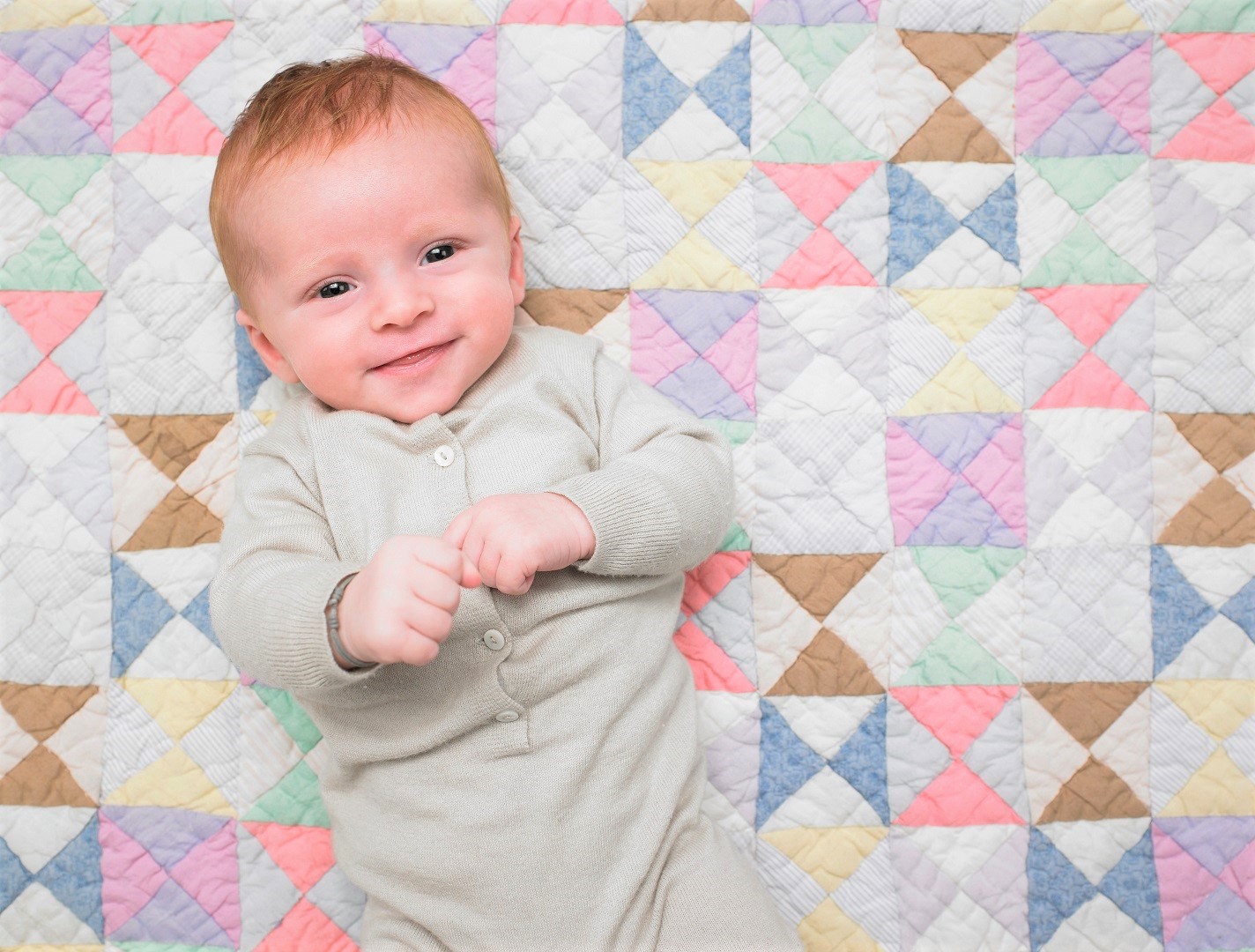
Watching your baby grow is an unforgettable experience. But while every child develops at their own level, failing to reach certain milestones could raise red flags. Some parents recognize signs of autism spectrum disorder (ASD) when their baby is around 6-12 months—and maybe even earlier, says Thomas Frazier, Ph.D, a clinical psychologist, autism researcher, and chief science officer of Autism Speaks. Here are the early signs of autism in babies, and why prompt diagnosis is key to managing the condition.
What is Autism?
Autism is a complex developmental disability that affects social skills like playing, learning, and communicating. Individual cases of autism fall on a spectrum ranging from mild to severe. The Centers for Disease Control and Prevention (CDC) estimates that autism affects 1 in 54 children today.
Doctors don't know exactly what causes autism, but it's believed to be a combination of environmental and genetic factors. Certain circumstances also raise a child's chance of developing autism. For example, "if you have a sibling with autism, your risk of developing it increases to about 20 percent on average," says Dr. Frazier. He states that other risk factors include premature birth, low birth weight, delivery complications, and having older parents.
Signs of Autism in Babies
Some parents recognize autism signs when their child is 6-12 months old, depending on the symptoms and their severity. "Pay attention to whether or not the baby is reacting to social information and the environment. Within the first year of life, babies start to babble and use gestures like pointing," says Dr. Frazier, adding that babies may also smile at their caregivers. "Baby noises should have some social function as well, and they should try communicating with parents."
Babies with autism sometimes fail to communicate through sounds or gestures, and may not respond to social stimulation. Here are other early signs of autism.
Autism Signs By 3 Months
Autism Signs By 7 Months
Autism Signs By 12 Months
It's important to note that these criteria aren't conclusive evidence of autism. "They're simply things we look for to determine if we need to further assess the baby," says Mandi Silverman, Psy.D, MBA, senior director of the Autism Center at the Child Mind Institute. Another social or developmental factor may be to blame.
My Child Has Signs of Autism—Now What?
If your child has signs of autism, Dr. Frazier advises scheduling a visit to your pediatrician right away. You'll discuss developmental concerns, and the doctor will evaluate your baby for autism. "We have evidence that suggests the quicker you can get a diagnosis, the earlier you can enroll in developmental and behavioral interventions," says Dr. Frazier.
Early intervention is meant help your baby cope with autism symptoms and possibly even reverse them. As your child gets older, intervention might include speech therapy, occupational therapy, mental health counseling, and whatever else experts believe will help your child thrive. The ultimate goal is "making the symptoms more manageable and enhancing life as much as possible," says Dr. Silverman.


